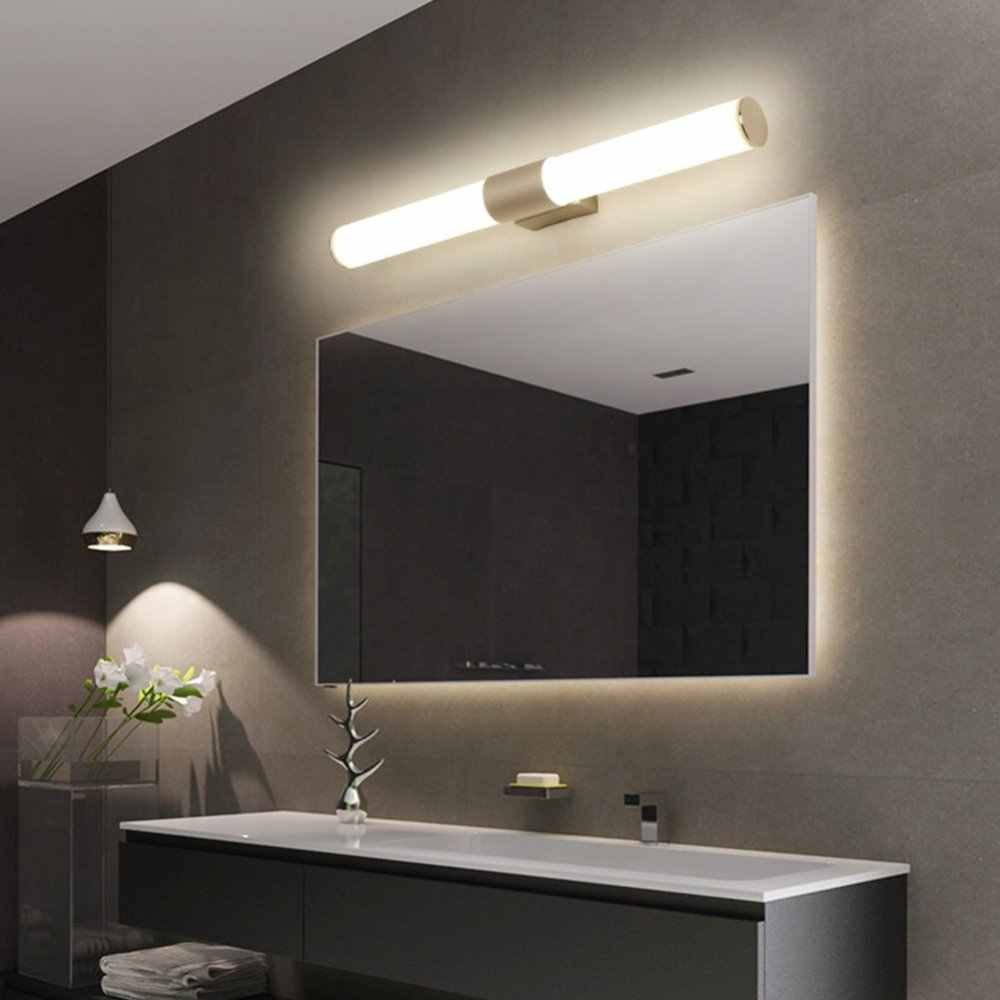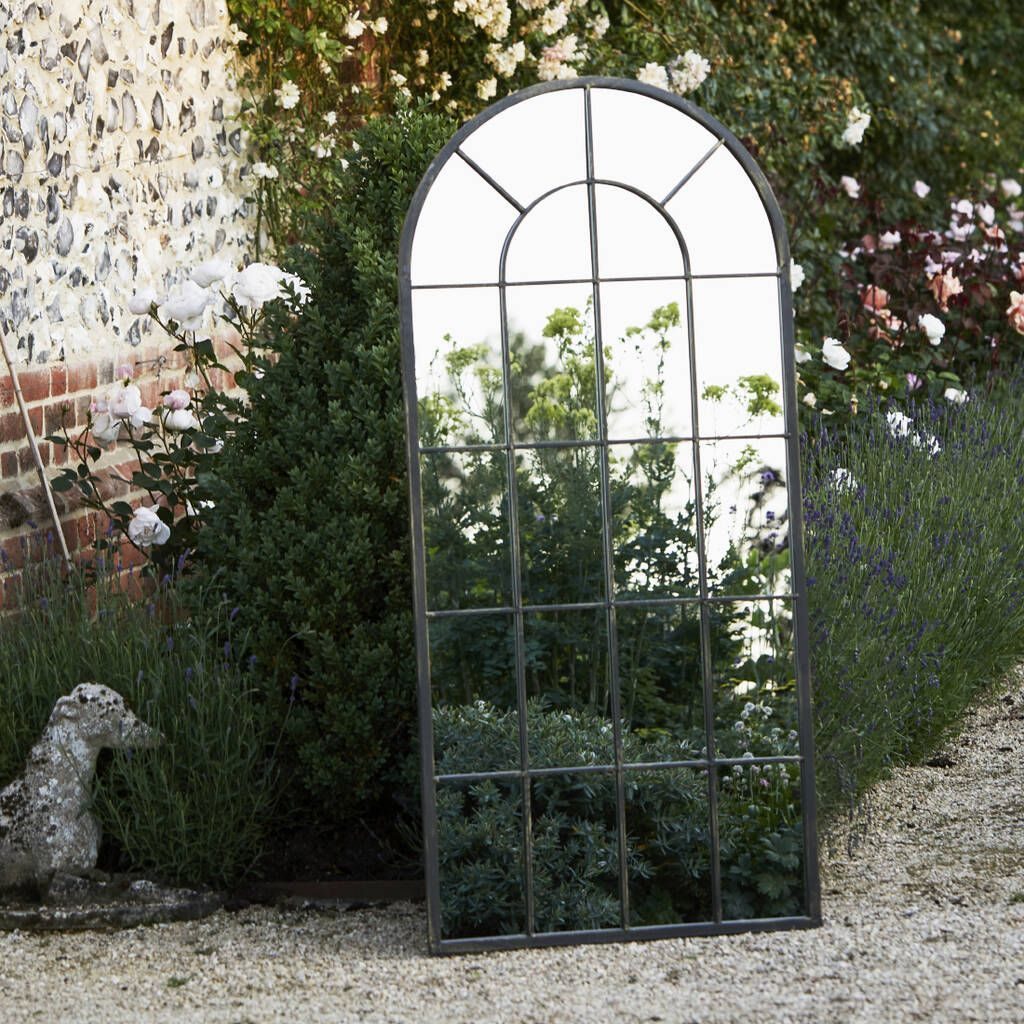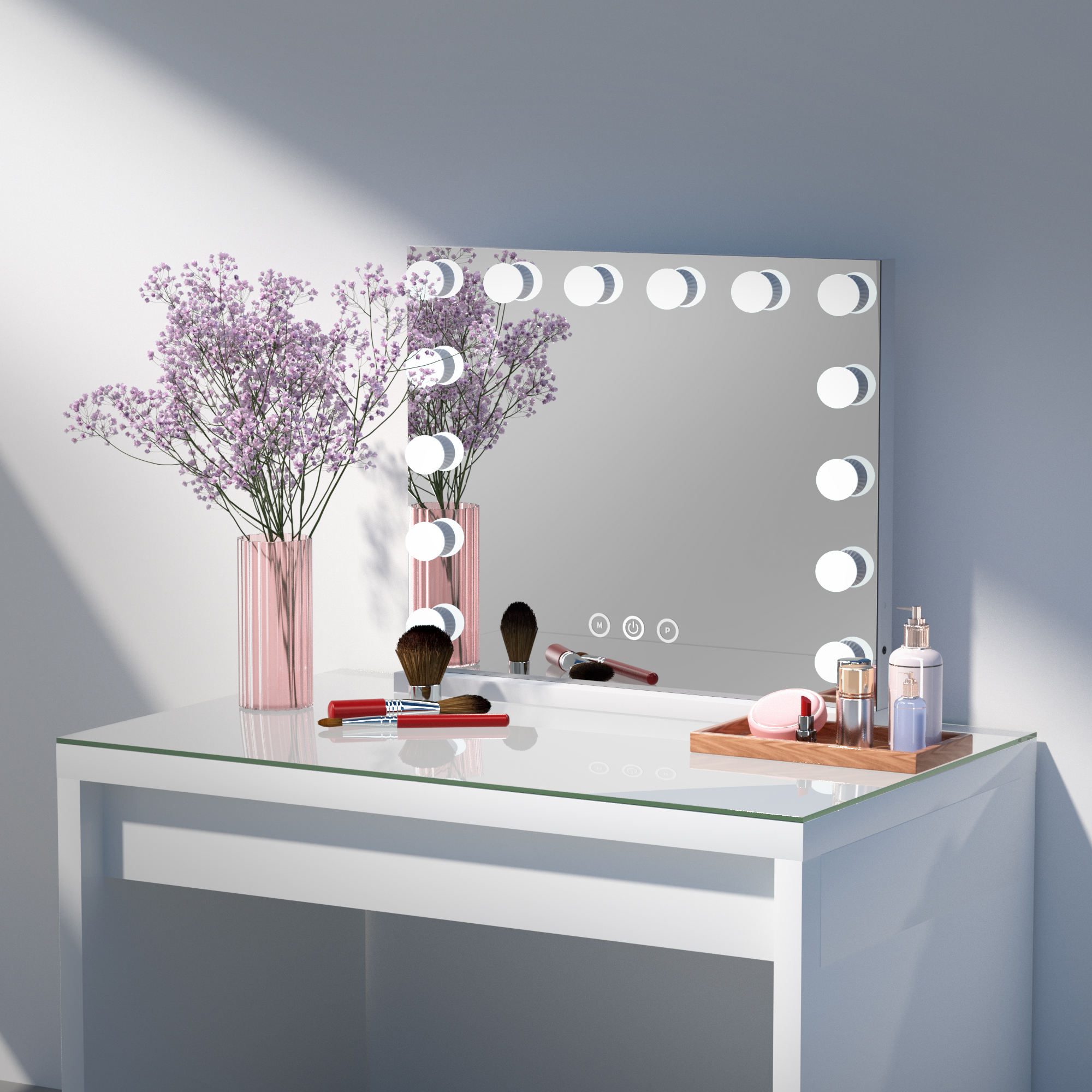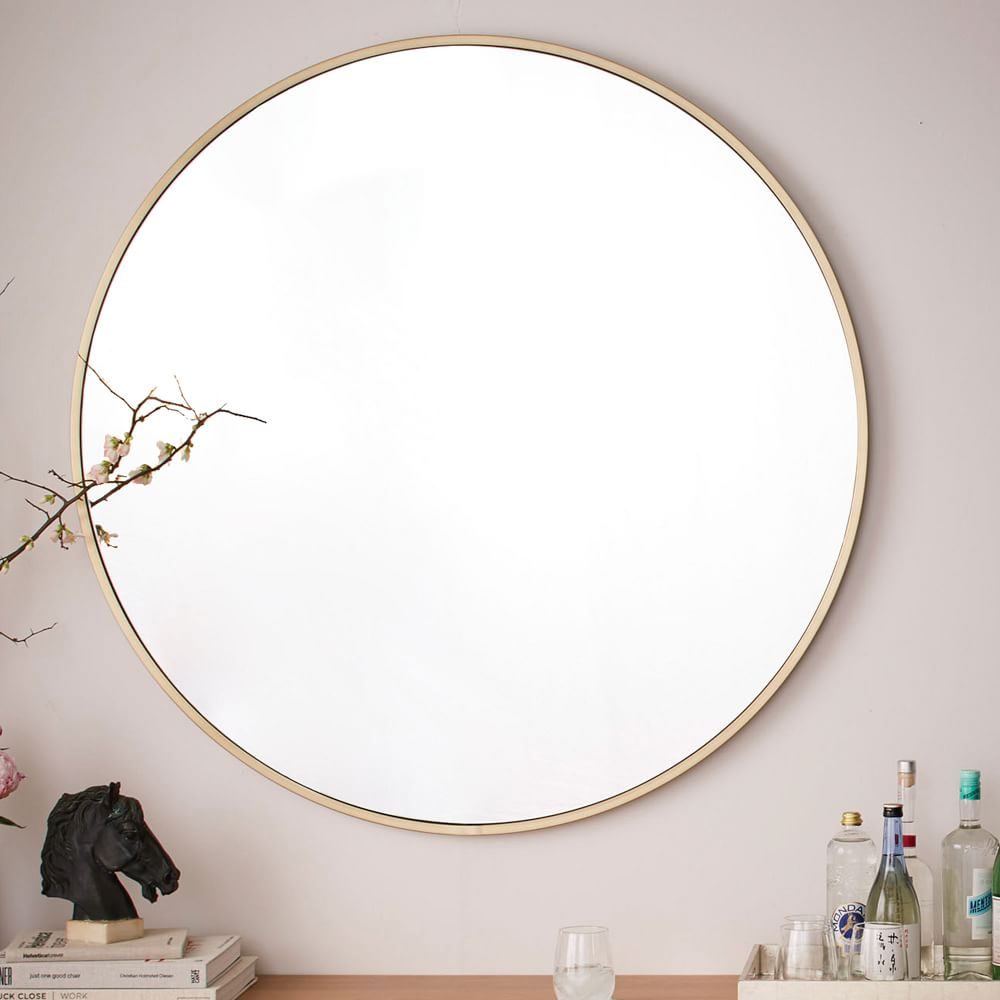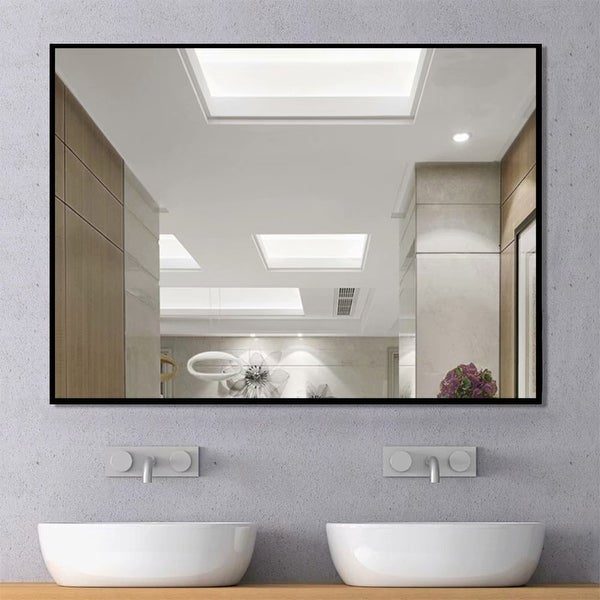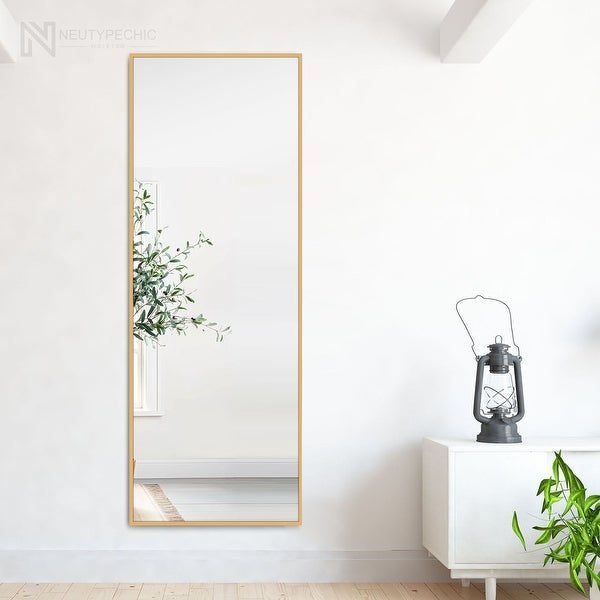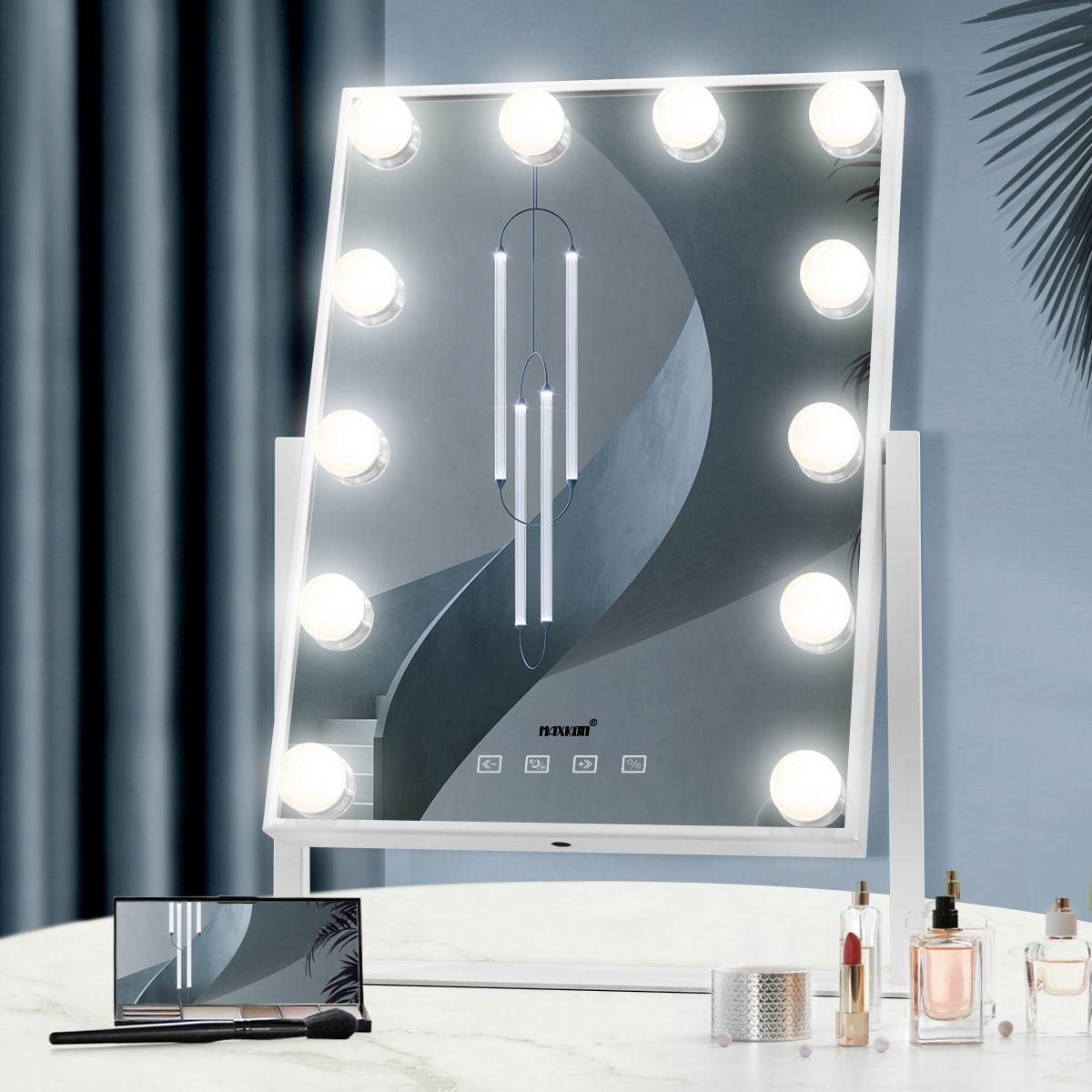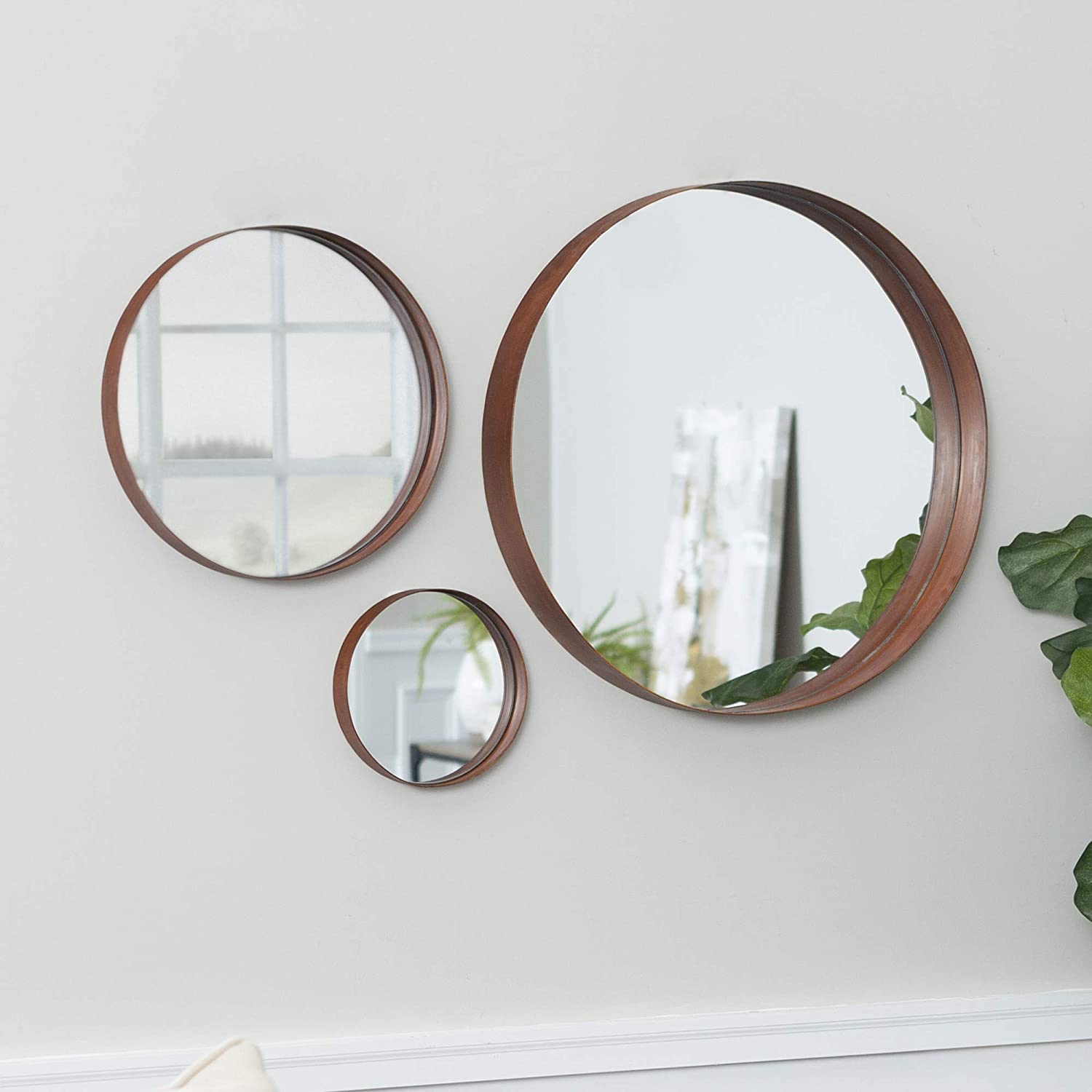Introduction: The psychology of interior design highlights the profound impact that shapes and elements have on our emotional well-being. Round mirrors, with their soft curves and balanced form, play a significant role in creating positive and harmonious spaces. In this article, we explore how round mirrors influence our psychological perception of interior environments.
- Soothing and Calming: The gentle curves of round mirrors have a calming effect on the mind. In spaces where relaxation and tranquility are paramount, such as bedrooms or meditation areas, round mirrors can contribute to a serene atmosphere.
- Energizing Spaces: Round mirrors can also infuse energy and vibrancy into a room. Placed strategically to reflect natural light or vibrant decor elements, they create a dynamic focal point that stimulates positivity and liveliness.
- Inclusiveness and Unity: The absence of sharp angles in round mirrors fosters a sense of inclusiveness and unity. When used in communal spaces or social areas, they encourage open conversation and a sense of togetherness.
- Balancing Yin and Yang: In Feng Shui philosophy, round shapes are associated with the yin energy, representing softness and receptivity. Combining round mirrors with other shapes can help strike a balance between yin and yang energies, promoting harmony.
- Enhancing Focus: Round mirrors can direct attention to specific areas. Placed strategically, they guide the eye toward points of interest, helping occupants focus on positive aspects of the room.
- Enlarging Perception: Psychologically, the rounded shape of round mirrors is associated with openness and expansiveness. When positioned to reflect a view or a visually appealing element, they create an illusion of space and elevate the mood.
Conclusion: The psychology of round mirrors offers a deeper understanding of how interior elements influence our emotions and perceptions. By harnessing the psychological benefits of round mirrors, you can design spaces that not only look aesthetically pleasing but also contribute to the well-being of occupants.

